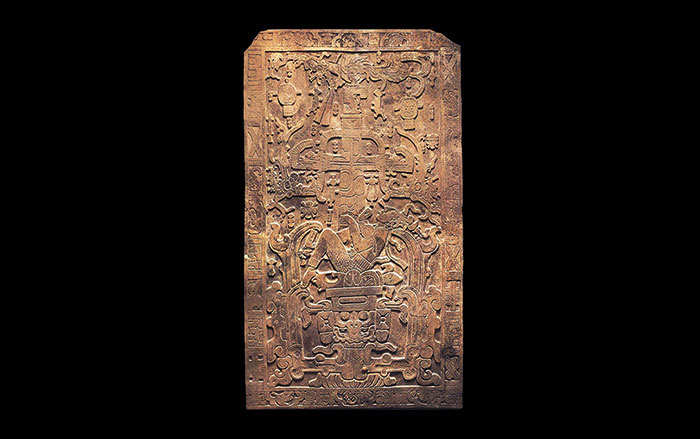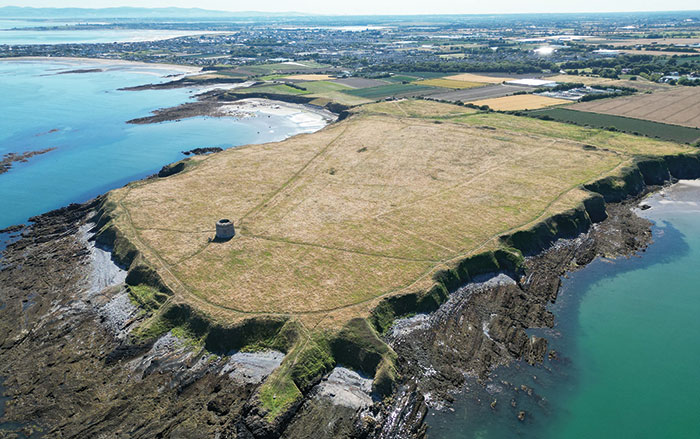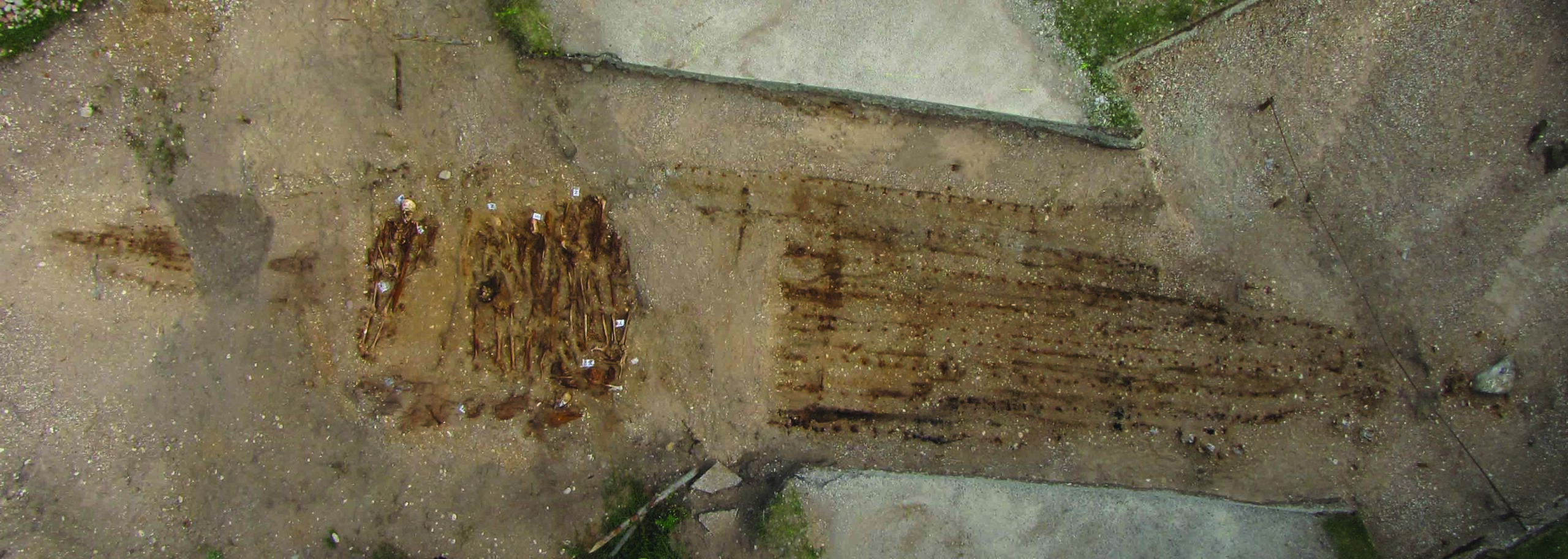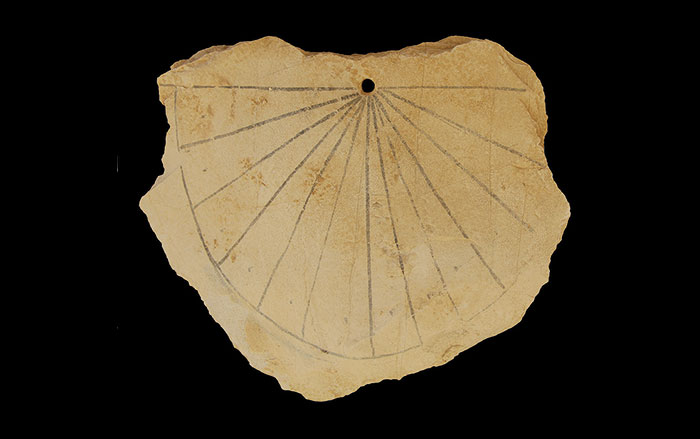
TÜBINGEN, GERMANY—It has been thought that the varied diet of modern humans may have contributed to an evolutionary advantage over Neanderthals, who were thought to have survived on eating large, herbivorous mammals. But an international team of scientists has been working together at a cave in the Caucasus Mountains, where they have found evidence that suggests Neanderthals ate fish. To rule out the possibility that the large salmon in the cave had been eaten by the cave bears and cave lions that were also found there, the bones of the large predators were analyzed. The results show that the cave bears were vegetarian, and that the cave lions ate land-dwelling herbivores. “This study provides indirect support to the idea that Middle Palaeolithic Hominins, probably Neanderthals, were able to consume fish when it was available, and that therefore, the prey choice of Neanderthals and modern humans was not fundamentally different,” explained Hervé Bocherens of the University of Tübingen.









